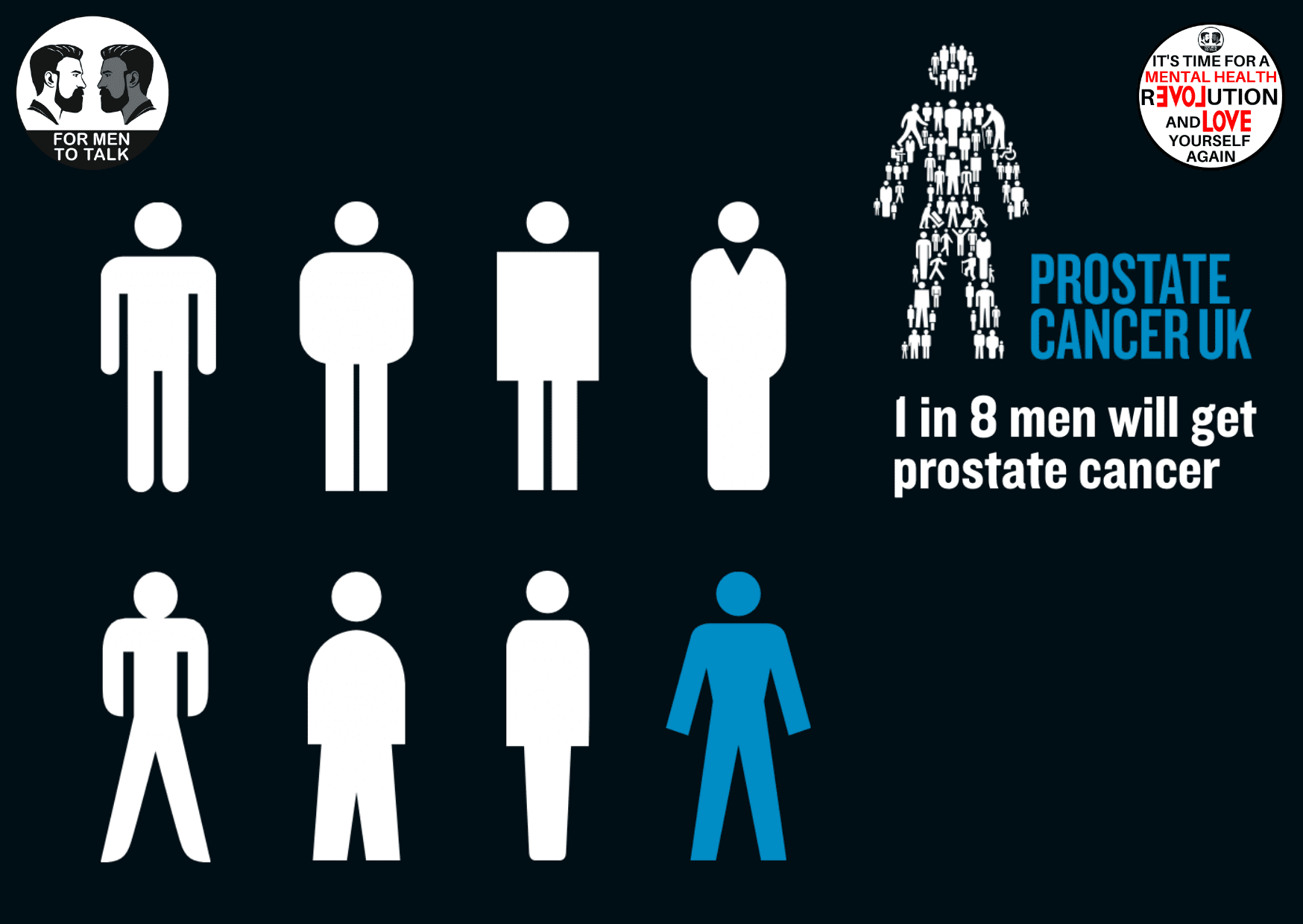Prostate Cancer Awareness Month 2024: Recognising the early symptoms of prostate cancer

September is Prostate Cancer Awareness Month. Prostate cancer is a prevalent form of cancer that affects men worldwide. It typically develops in the prostate gland, a small walnut-shaped organ responsible for producing seminal fluid. Like any other cancer, early detection plays a crucial role in successful treatment. In this blog, we will explore the common symptoms associated with prostate cancer, empowering men to recognise potential warning signs and seek medical advice promptly.
Urinary Symptoms:
One of the primary indicators of prostate cancer is changes in urinary function. Men may experience:
- a) Frequent urination: A sudden increase in the frequency of urination, especially during the night, could be a red flag.
- b) Urgency: Feeling a persistent urge to urinate immediately, even if the bladder is not full.
- c) Weak urine flow: Difficulty initiating and maintaining a strong and steady urine stream might be a symptom.
- d) Incomplete emptying: A feeling of not fully emptying the bladder after urination could indicate a problem.
Blood in Urine or Semen:
The presence of blood in urine (hematuria) or semen (hematospermia) may be a sign of prostate cancer. If you notice a pink, red, or brown discolouration, it is important to consult a healthcare professional.
Erectile Dysfunction:
Prostate cancer can sometimes affect sexual function. While it is a common condition on its own, persistent or worsening erectile dysfunction should not be ignored, as it could be linked to prostate cancer.
Pain and Discomfort:
As prostate cancer progresses, it may cause pain and discomfort in various areas, such as:
- a) Pelvic area: Persistent pain or a dull ache in the pelvic region, hips, or lower back could indicate the spread of cancer to nearby tissues.
- b) Bones: Advanced prostate cancer can metastasise to the bones, leading to pain, particularly in the spine, hips, and ribs.
Unexplained Weight Loss and Fatigue:
Unintentional weight loss, loss of appetite, and unexplained fatigue can be symptoms of many health issues, including prostate cancer. If these symptoms persist without an apparent cause, it is wise to consult a healthcare provider.
Bowel Changes:
In rare cases, prostate cancer can impact bowel function. Symptoms may include constipation, changes in bowel habits, or rectal bleeding. These signs should not be ignored and necessitate medical attention.
Conclusion:
Prostate cancer is a significant health concern that requires early detection for effective treatment. While these symptoms can indicate prostate cancer, they can also be associated with other non-cancerous conditions. It is essential to remember that experiencing these symptoms does not automatically mean you have prostate cancer, but it should prompt you to consult with a healthcare professional. Regular screenings, especially for men over the age of 50 or with a family history of prostate cancer, are critical for early diagnosis and better treatment outcomes. Stay vigilant and prioritise your health by seeking medical advice whenever you notice any concerning changes in your body.